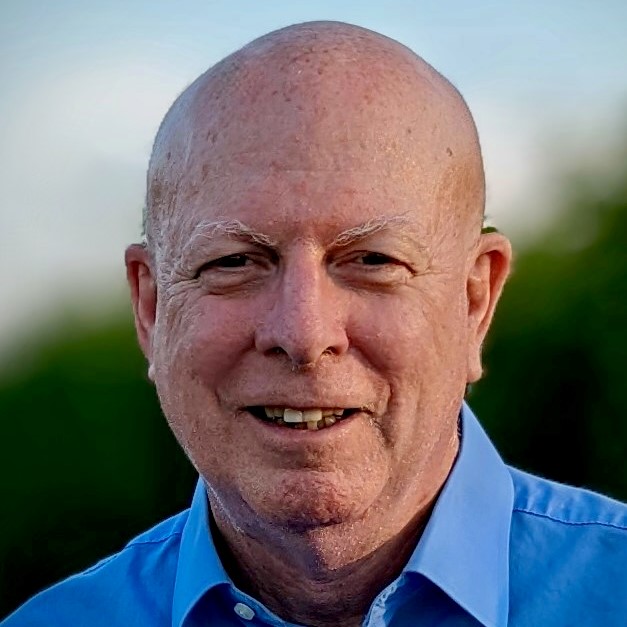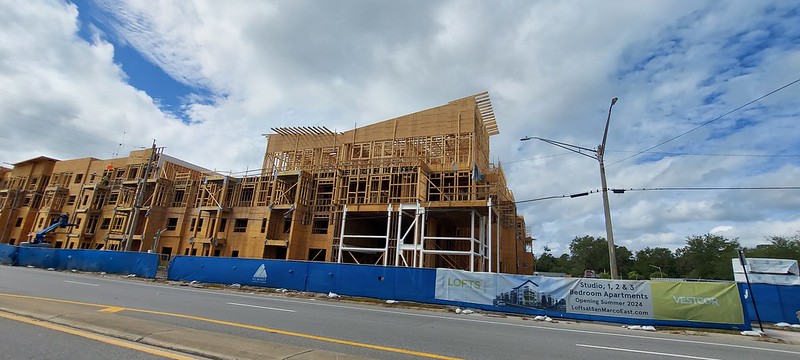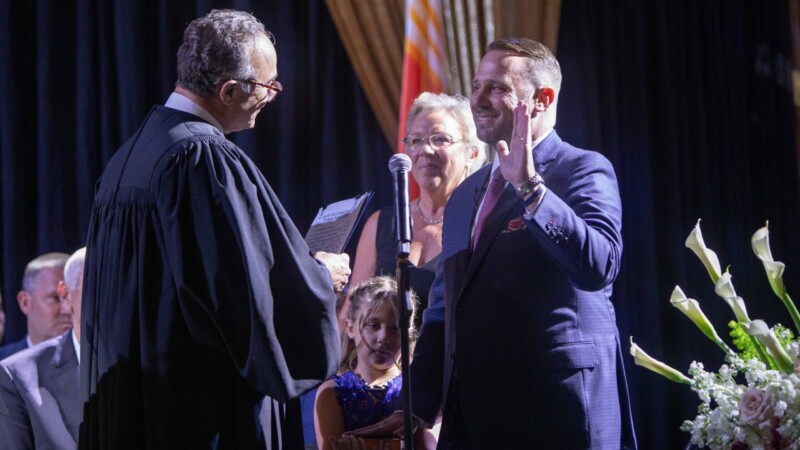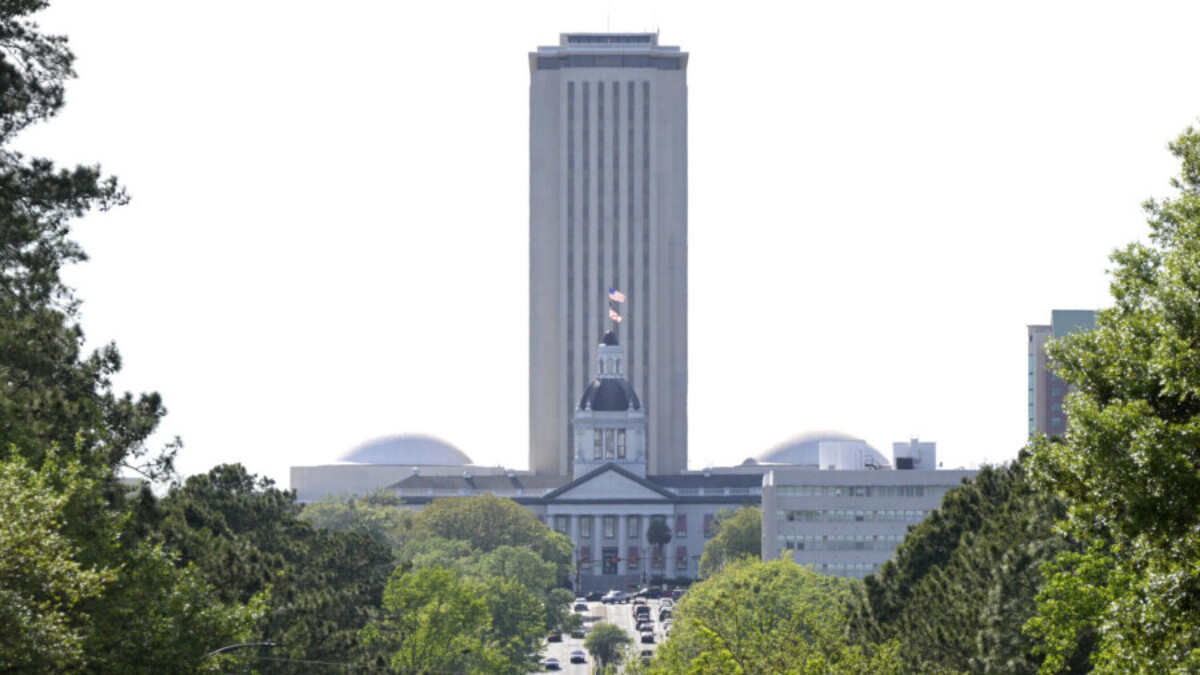
The need for housing in Jacksonville is staggering. There are about 147,000 Jacksonville households on a waiting list for affordable housing. That would fill EverBank Stadium twice. But those needy residents don’t receive the same attention as the Jaguars.
If money talks, the city of Jacksonville is barely whispering when it comes to affordable housing.
We don’t need more studies. We need action.
The free market is not producing enough housing at prices that even middle-class people can afford. Nationally, this is the most unaffordable housing market since 1984, as fintech technology company Black Knight (now part of ICE Mortgage Technology) recently told CNN. On both the national and local level, mortgage interest rates have risen astronomically over the past couple of years while a variety of factors have crimped supply.
One solution is clear: The government must step in to provide incentives for the construction of housing that workers can afford. This requires money. And it requires a plan.
Let’s also consider other workable pieces. Start with a spreadsheet with three columns: Speed, political viability and available funding. When a solution falls into all three columns, act quickly on it. That’s what the city already has done in providing down payment aid to first-time home buyers. City Council President Ron Salem told me in an interview that he supports it because he’s struck by the number of working people who want to own a home but can’t come up with the down payment. I could hear the sincerity in his voice. So all that is needed is more funding — a simple solution that has historically confounded Jacksonville.
Another good opportunity involves the new ability to locate residential units on land zoned for industrial or commercial uses without going through the rezoning process. Thanks to the Florida Legislature for that.
On the other hand, a solution that’s been a political minefield is building apartments or townhouses in neighborhoods currently zoned for single-family homes, which is 91% of Jacksonville’s current residential land. Because higher density is perceived as lowering home values — and housing is a major wealth generator — fierce opposition to more affordable “multifamily” units can be expected. Yet, more density will be needed to make real progress. To combat neighborhood opposition, a marketing campaign is needed.
And to fill in the funding gaps for affordable housing, a permanent revenue source is needed. Of course, funds ought to come from the state and nation, but Jacksonville cannot wait.
We know how much taxpayer money it would take to keep the Jacksonville Jaguars here: $1 billion of the $2 billion total cost of the stadium and entertainment-district transformation. When bonded, it would take about $86 million every year over 30 years to pay for the city’s 50% share.
Yet we don’t know how much taxpayer money it would take to allow all Jacksonville residents to live in affordable housing, not just for the poor but for a growing number of the working middle class. (Nor do we have exact figures for addressing all of the unkept promises made at the time of city-county consolidation 55 years ago, for that matter.)
The city of Jacksonville’s government leaders have only started to take the affordable housing crisis seriously. In recent years, a City Council committee produced a good Quality of Life report. A thorough rental housing report was produced as well. But reports are easy — and when not implemented — irrelevant.
In the past few months, a mayoral transition subcommittee produced another report on affordable housing with good recommendations. Joshua Hicks, the affordable housing and community development director in the city’s Neighborhoods Department, headed that subcommittee. In an interview, he told me the group sought to produce recommendations that would draw wide support rather than pie-in-the-sky ideas.
“There has been a persistent lack of public will to prioritize, coordinate and fund low-income and moderate-income housing development,” the report states.
Hicks says Jacksonville is about 10 years behind Tampa in providing affordable housing, though Tampa has its challenges as well. Tampa Mayor Betty Castor has set a goal of building 10,000 affordable housing units by 2027. But at least Tampa has a goal.
The National Low Income Housing Coalition estimates the Jacksonville area is short by more than 35,000 units of attainable housing and that number is expected to grow.
Hicks detailed the funds available in Jacksonville’s $1.7 billion city budget for housing. Here are some high points:
— The Housing Division has received $27,447,371 in 2023 from federal and state grant programs, spread over various areas, not just affordable housing
— The City Council’s One-Year Strategic Plan includes $1 million in rental aid; $1,244,472 for Jacksonville Area Legal Aid to support keeping people housed; $450,000 to Urban Core Affordable Housing unit projects; $250,000 for the Jacksonville Community Land Trust; and $100,000 for a study on homelessness. Total: Over $3 million.
— From the 2023-24 budget, there is $4.8 million for affordable housing projects that are currently planned and $3.1 million for homelessness projects that are currently planned. That total of $7.9 million could change after the transition recommendations are reviewed and the mayor’s office meets with City Council members, Hicks notes.
Policy recommendations
The mayor’s administration will announce more affordable housing plans in the coming months, Hicks says, with goals, proposed policies and projects.
“We understand this is a costly crisis,” Hicks wrote in an email. “It will cost millions and millions of dollars to address it over the next decade (likely longer) and those resources will need to come from not only local, recurring spending decisions by the city, but also from aggressively pursuing federal grant dollars and activating private industry partners and organizations to support the mission of addressing this housing crisis as quickly as possible.”
City Council needs a top-quality commitment to keep up with the many complications involved in affordable housing. A permanent standing City Council committee is justified, or at least a subcommittee. Currently, public housing is one of over 50 issues included in the Neighborhoods, Community Services, Public Health and Safety Committee. Subject matters in this grab-bag are barely related, such as fishing, mental illness and literacy.
Nonprofit leadership
One strength Jacksonville has: outstanding local nonprofits that use best practices. But funding to scale up their pilot programs has been lacking.
The Jessie Ball duPont Fund has led in shedding light on the affordable housing crisis in Jacksonville. It enlisted the Reinvestment Fund, a Philadelphia nonprofit, to analyze the Jacksonville housing market with reports in 2015, 2018 and February of this year.
The latest report from the Reinvestment Fund documents that there are fewer areas of town that are affordable for teachers, police officers or construction workers.
“If we don’t act now, it means that many of our neighbors will have no choice but to either move farther out or spend more of their paycheck on housing, making them housing cost-burdened,” the Fund reported.
Solutions under way involve the Jacksonville Community Land Trust, which can purchase affordable housing; the Community Foundation and LISC Jacksonville, which are helping to expand the ability of community development corporations; and LISC Jacksonville and the United Way of Northeast Florida, which are working to tap the $2.5 billion in wealth tied up in heirs’ property.
Since 2013, the Jessie Ball duPont Fund has managed a successful low-interest loan and bond program to support Community Development Financial Institutions and other high-impact social enterprises in Northeast Florida, Delaware and Virginia.
As Jacksonville Today reported, a $10 million investment from the city of Jacksonville could turn into a $40 million investment for affordable housing by using a public-private partnership. That initial funding could be leveraged with investment tax credits to produce $160 million for affordable housing in 15 to 17 years. Bottom line: You need seed money to make money. That is why the city needs a plan that uses return on investment as a guiding light.
Jacksonville has made a start on affordable housing, but city leaders need to act fast to make up lost ground.
Next time from Mike Clark: Jacksonville has two good programs to help first-time home buyers, but there are few good solutions to prevent institutional investors from gobbling up housing as rentals.
Corrected: This piece originally called Black Knight a mortgage provider, but the company is a mortgage technology and data provider.

Mike Clark devoted about 47 years to Jacksonville's two daily newspapers. He retired in 2020 after 15 years as editorial page editor at The Florida Times-Union, where he and his staff won local, state, regional and national journalism awards.
He is the author of the new book, “Civil War Survivor: Incredible True Story of a Union Private.”




